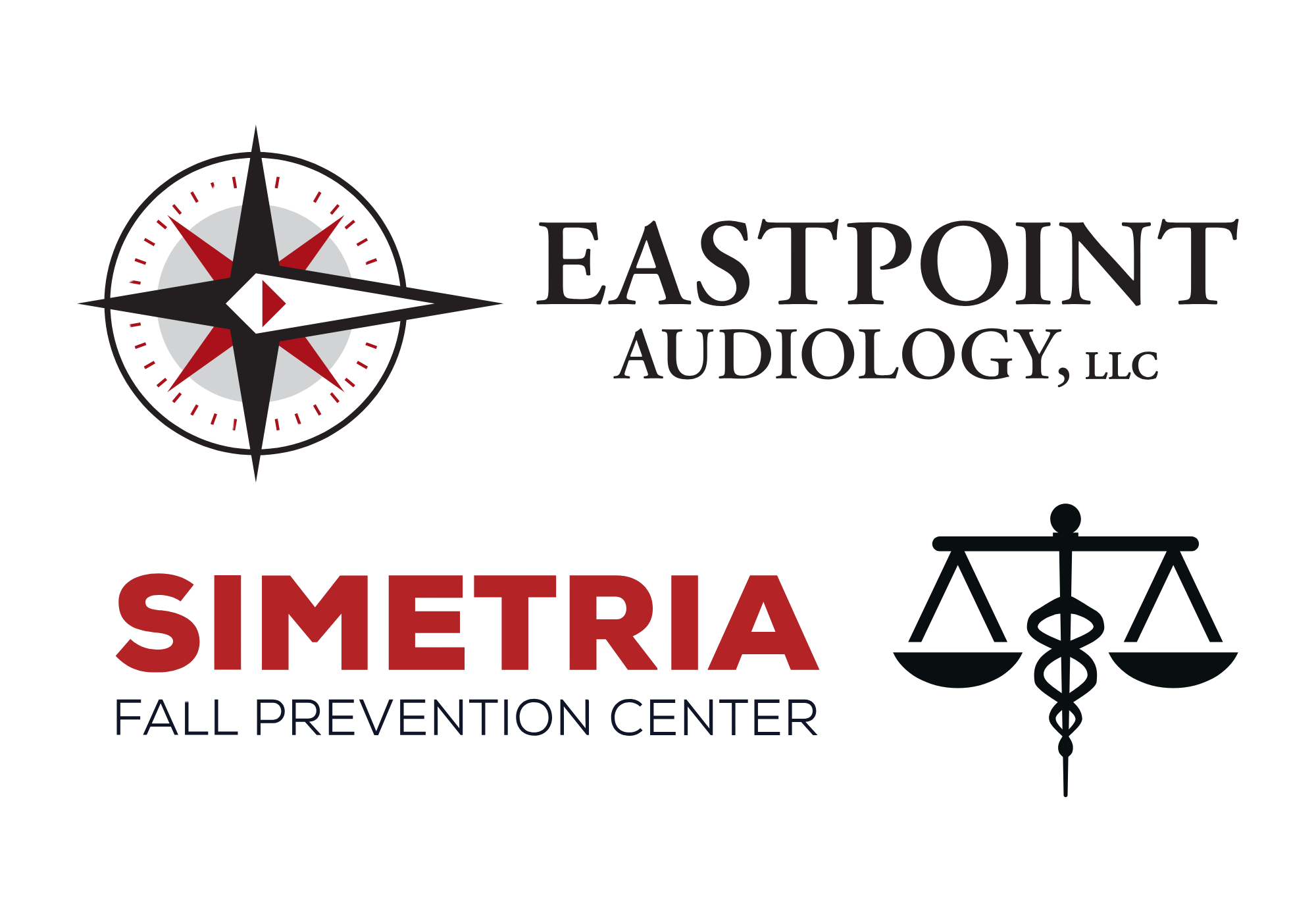What Is Ototoxicity and Why Does It Matter?
When people think about cancer treatment or other lifesaving medications, hearing health isn’t usually the first thing that comes to mind. Yet, many commonly prescribed drugs — particularly chemotherapy agents, certain antibiotics, and diuretics — can harm the delicate structures of the inner ear. This condition, called ototoxicity, refers to drug- or chemical-induced damage to hearing and balance. The impact can range from temporary tinnitus to permanent hearing loss and balance disorders.
With ototoxicity, the stakes are high: Once hearing damage occurs, it is often irreversible. That’s why ototoxicity monitoring is so critical. By establishing a baseline hearing assessment before beginning treatment, and scheduling consistent monitoring throughout therapy, audiologists can detect early changes in hearing. This allows patients and their medical teams to make informed decisions — sometimes adjusting treatment to preserve hearing while still fighting the disease.
What Is Ototoxicity?
Ototoxicity occurs when medications or chemicals damage the cochlea (responsible for hearing), the vestibular system (responsible for balance), or both. This damage can occur suddenly or progress gradually over time.
Common ototoxicity symptoms include:
- Ringing or buzzing in the ears (tinnitus)
- Difficulty understanding speech, especially in noisy environments
- Feeling that sounds are muffled or distorted
- Dizziness, vertigo, or imbalance
- Sensitivity to certain sounds
In medical treatment settings — particularly for cancer patients — ototoxicity is a significant concern. Chemotherapy drugs like cisplatin and carboplatin are highly effective against tumors but are known to be among the most ototoxic medications. Unfortunately, they don’t just target cancer cells; they can also harm the hair cells in the inner ear.
Why Monitoring Matters
Hearing loss from ototoxicity can creep in unnoticed. Early symptoms like mild tinnitus or difficulty hearing high-pitched sounds are easy to dismiss — especially when patients are focused on battling cancer or serious infections. Without monitoring, patients may not realize their hearing is declining until the loss is significant and permanent.
That’s why ototoxicity monitoring is essential:
- Early detection: Audiologists can identify subtle hearing changes before patients notice them.
- Treatment adjustments: Oncologists may be able to modify chemotherapy doses or switch medications to reduce hearing risk.
- Improved quality of life: Protecting hearing means protecting communication, independence, and emotional well-being.
Think of it as protecting one of your most vital connections: the ability to hear and engage with the world around you.

